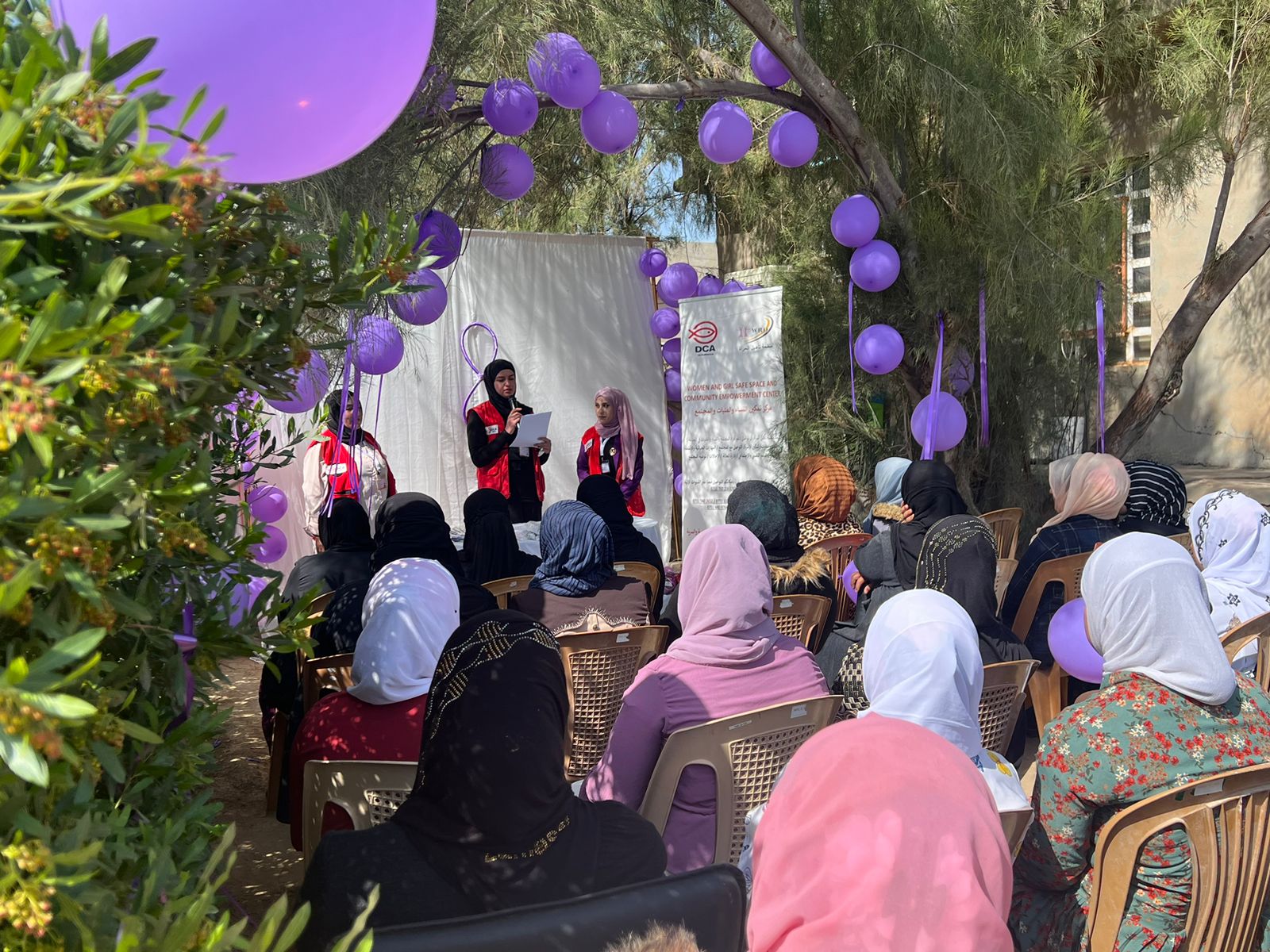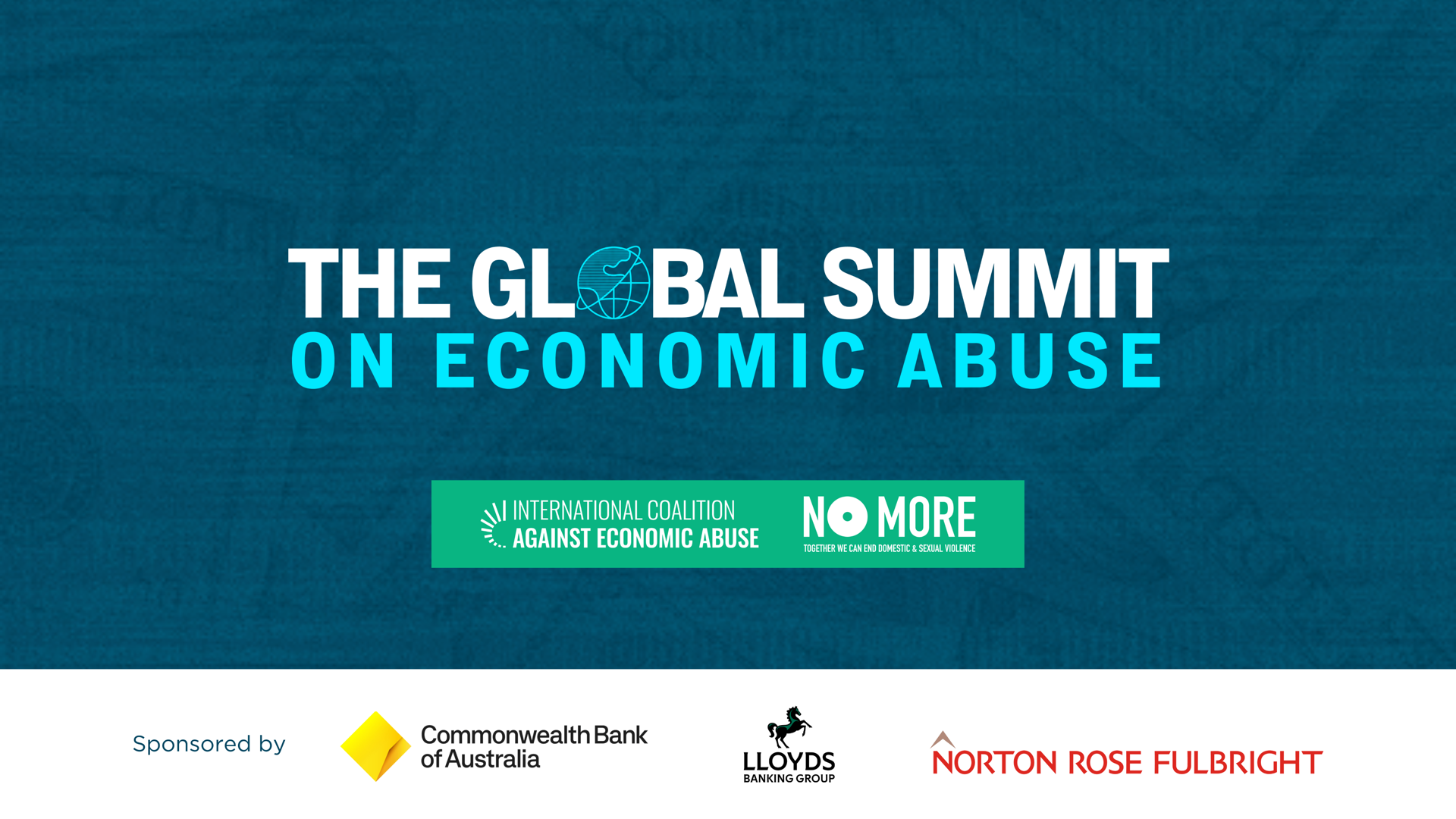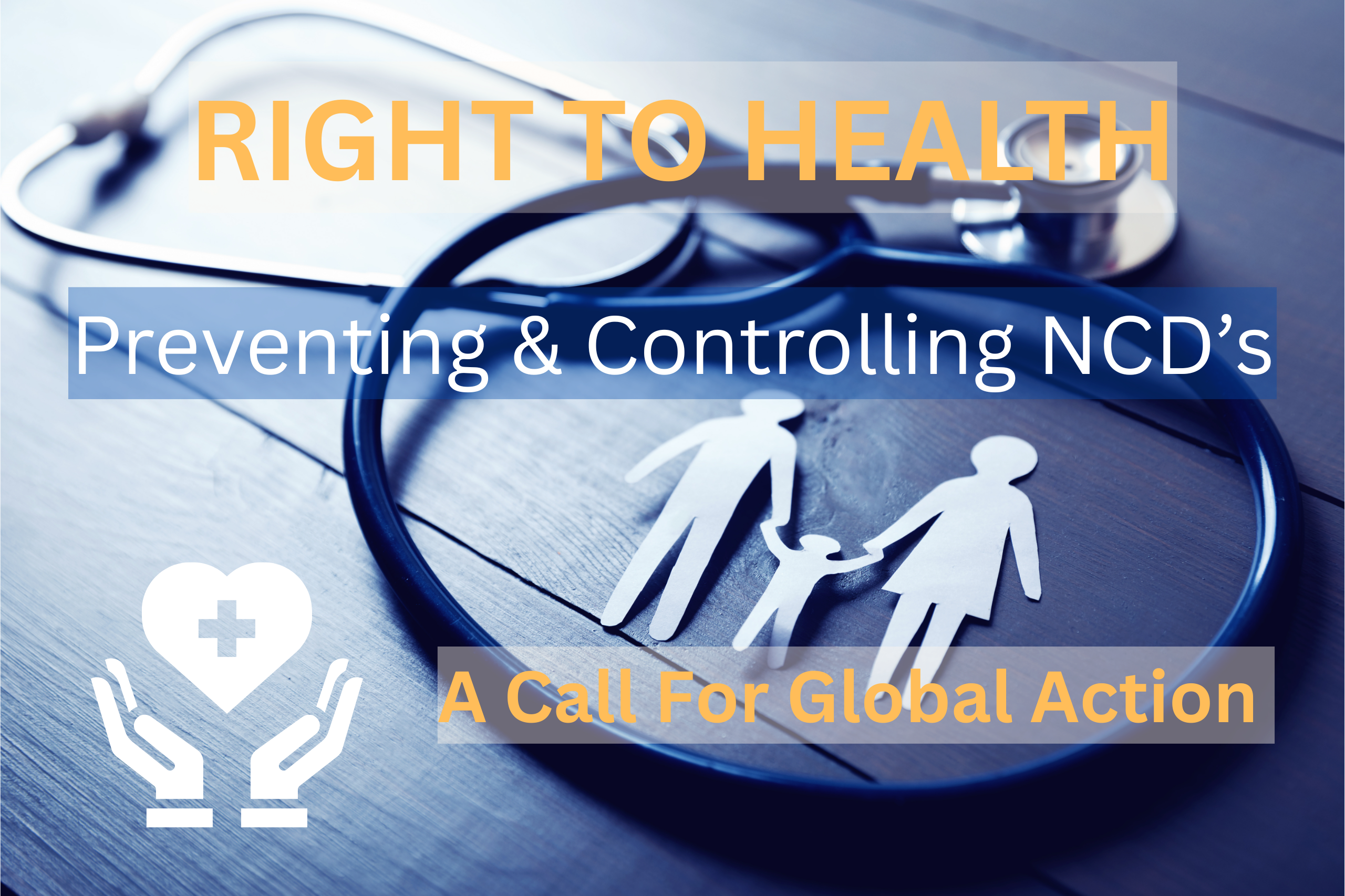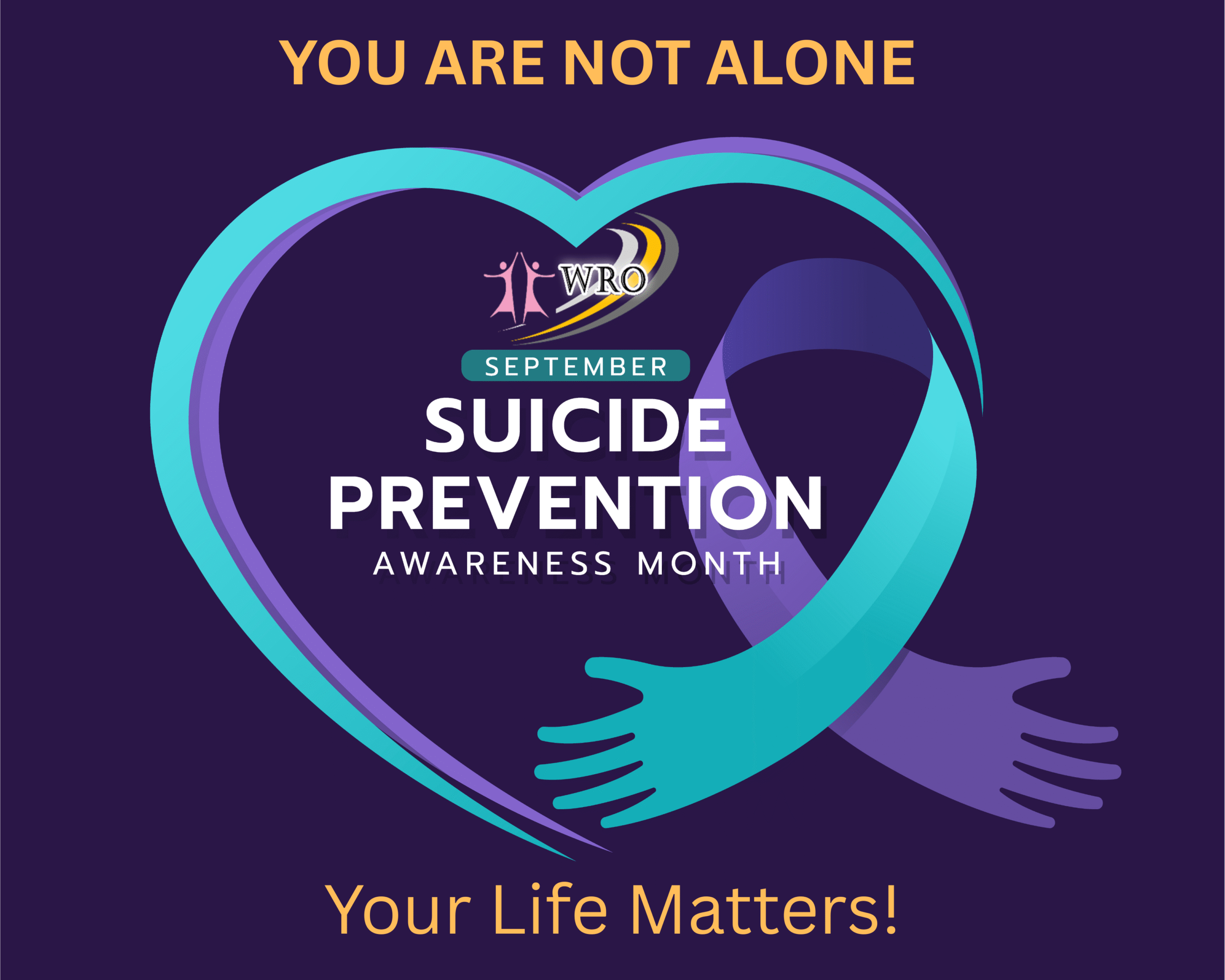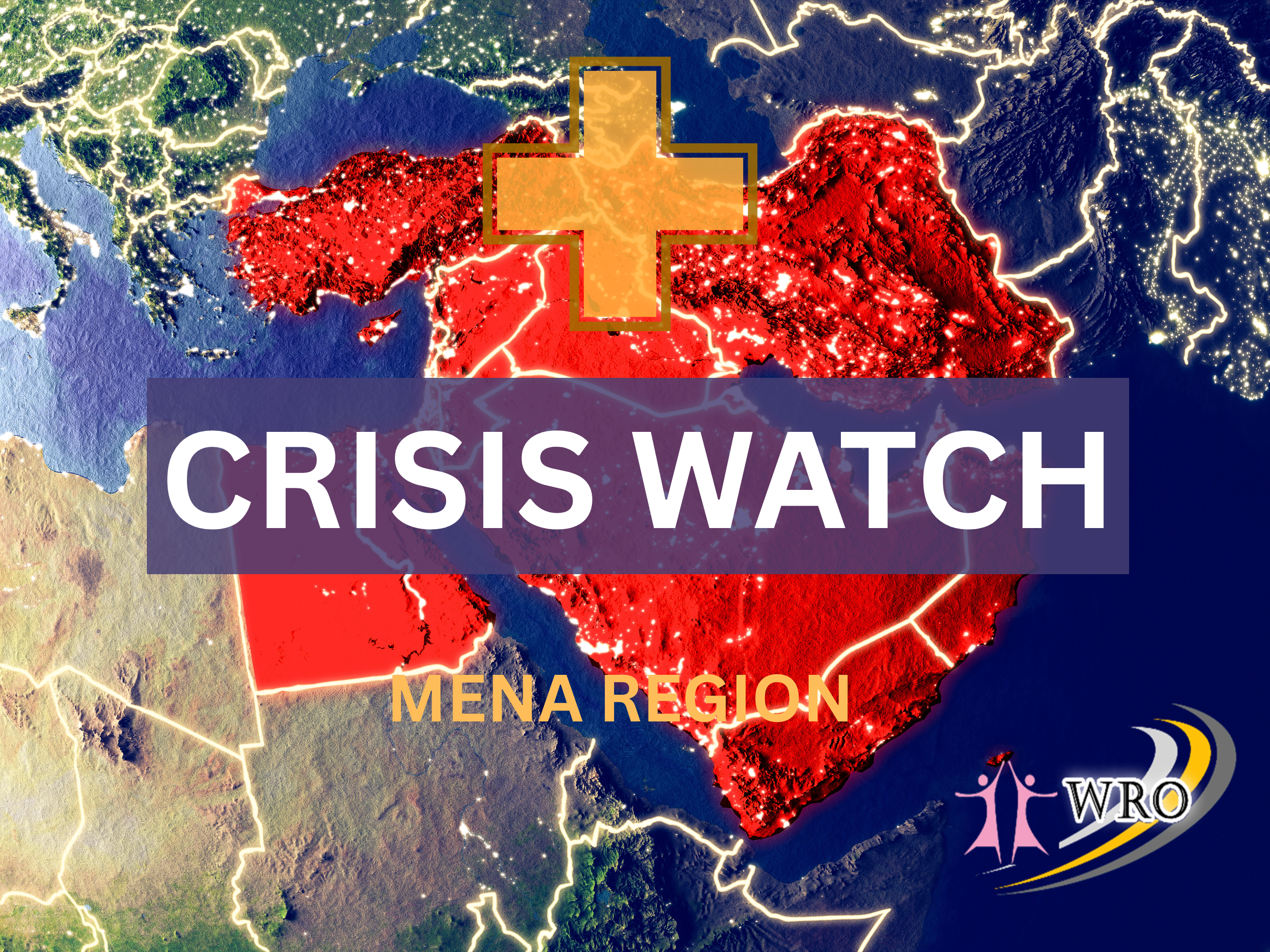At the WRO, inclusion is not just a principle observed on International Day of Persons with Disabilities —it’s a daily commitment woven into all of our programs. Whether physical or mental, visible or invisible, disability should never be a barrier to participation, dignity, or support. We work to ensure that persons with disabilities (PwDs) are seen, heard, and empowered across every activity and age group. One of the stories that continues to inspire us is that of Samira, a brave and resilient 15-year-old girl from Anbar governorate.
Samira was born with a condition that affected her physical development, something she only began to understand as she grew older. In early childhood, she was surrounded by a loving family and a familiar community. She remembers dreaming big, enjoying learning, and exploring hobbies that sparked her curiosity. But war and displacement would soon change everything.
When she was just ten years old, violence forced Samira’s family to flee their home. They ended up in Al-Hol camp in Syria, a place that stripped her of access to education, safety, and social life. In this new and harsh environment, Samira’s disability became the target of relentless bullying. Her peers mocked her short stature, turning each trip outside her tent into a painful experience. The emotional toll was heavy. Isolated and ashamed, she slowly withdrew from the world around her. The vibrant, curious child faded into a quiet, broken spirit.
Years later, when her family finally returned to Iraq, a new opportunity emerged. WRO’s team reached out to Samira and invited her to join our Adolescent Girls program. At first, she hesitated. After years of exclusion, the idea of joining a group of girls her age felt overwhelming. But something changed during her very first session.
From the outset, the group was built on mutual respect and acceptance. We emphasized listening, valuing each other’s experiences, and creating a safe space for everyone—no exceptions. As the sessions continued, we witnessed a quiet transformation. Samira started to speak up. She engaged more, smiled more. The session on self-confidence left a visible impact on her. For the first time in years, she felt heard. She began forming real friendships—connections built not on pity, but on shared experience, empathy, and mutual respect.
She soon became one of the most active participants, often arriving early and eager for the next session. She shared her thoughts, helped others feel welcome, and slowly rebuilt her sense of self. At the final session, tears streamed down her face—not from sadness, but from the overwhelming mix of joy and gratitude. She had found a place where she was no longer defined by her disability, but by her voice, her strength, and her dreams.
Today, Samira is not just a participant—she is a symbol of resilience. Her journey reminds us that when communities are inclusive, individuals thrive. Through small steps and compassionate support, we can rebuild lives that have been shaken by violence, displacement, and discrimination.



